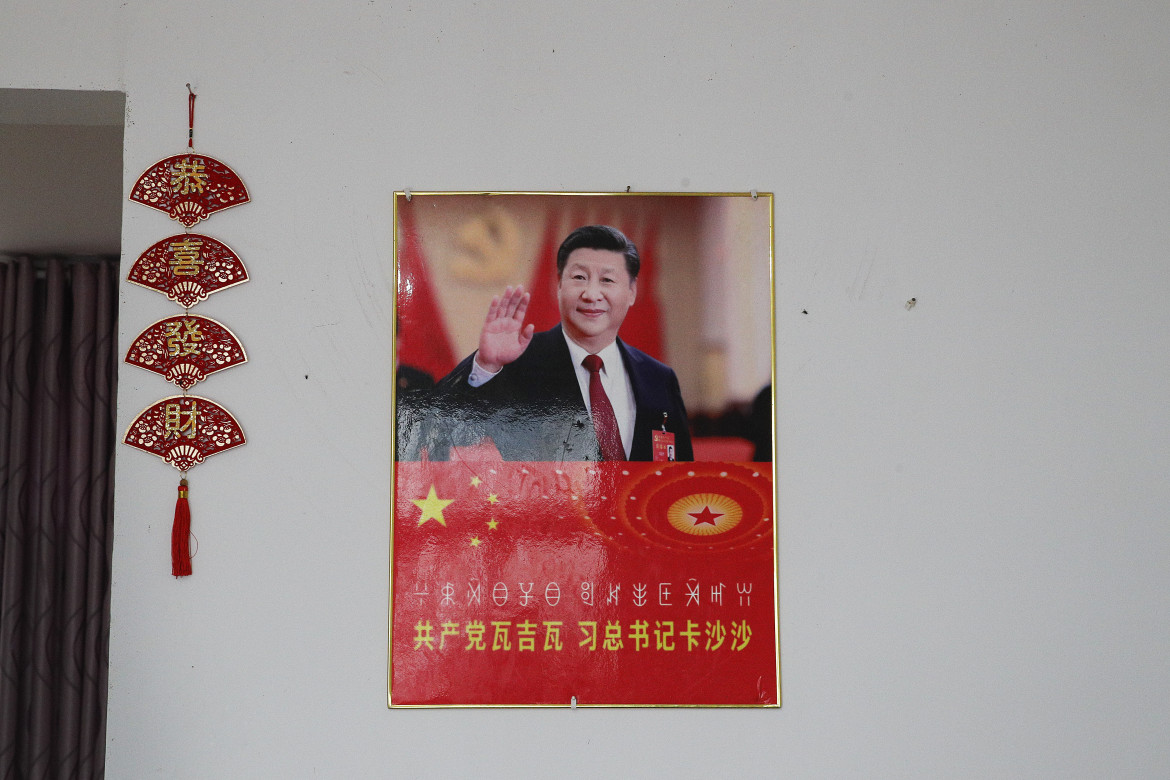Analysis
Xi wants China’s economic destiny in the hands of Chinese consumers
The Chinese president is laying the groundwork for a new five-year plan focusing on the internal market and technological self-sufficiency, shifting China from a place of production to a place of consumption.

On the occasion of the 40th anniversary of the establishment of the first Special Economic Zone, Chinese President Xi Jinping traveled to Guangdong and Shenzhen, symbols of Deng Xiaoping’s “reform and opening.” However, Xi went to the south of the country not only to celebrate, but also, most likely, to deal a deathblow to the process that has led to the creation of China as the “world factory.” The new watchword is “dual circulation,” which, in translation, means focus on the internal market and autarchy.
Xi said it clearly: “It is necessary to promote the formation of a new development model, in which the large domestic cycle is the main body and in which dual circulation promotes it and is promoted in turn.” In practice, Xi is preparing to sanction China’s historic transition from a place of production to a place of consumption.
The moment when this process will be marked in Chinese history will be the Fifth Plenum of the 19th Central Committee of the Communist Party scheduled for October 26, when the new five-year plan will be launched, together with a program, Vision 2035, which will lay the foundations for the decoupling of the Chinese economy from the American one.
This does not mean that decoupling will actually take place, also because the unknown of the American presidential elections is not yet resolved. It means that China is preparing for this event by indicating a number of guidelines: an increase of the domestic market, with very clear messages to those who are producing for export (namely, to produce for the Chinese market instead), and self-sufficiency, especially in technology. The consequences of all this are not yet foreseeable, but they indicate a clear increase in the role of the state in this process, a trend that Xi’s policies to date have largely confirmed.
The key to this step is the concept of “dual circulation,” an expression used by Xi for months now and made even more urgent by the COVID emergency. Filippo Fasulo from ISPI recalled that “the Chinese term is the same one used when talking about blood circulation. In simpler words, global integration (external circulation) is related to domestic consumption (internal circulation). Therefore, the dynamic to manage is that between an economy dependent on exports, and thus on international demand, and a broader role granted to domestic consumption.”
Caixin, the Chinese economic magazine, in an article on the five things to know about dual circulation, wrote that “as part of the transition to domestic consumption, the State Council has published guidelines to help exporters sell goods on the domestic market. But it will not be easy for them to change gears quickly and meet the rapidly changing buying habits and consumer tastes.”
The call to the Politburo Plenum, imbued with Maoist references (“prolonged war,” “autarchy”), indicates a willingness to change pace, as stressed by Willy Wo-Lap Lam on the Jameson Foundation website: “As an acknowledged student of Mao, Xi has countered the challenge from the Trump administration by emphasizing the Maoist value of ziligengsheng (自力更生), or ‘autarkist self-sufficiency.’”
“Core technologies cannot be bought [overseas],” Xi has insisted. This will be one of the focal points of Vision 2035, which, according to many observers of Chinese affairs, could also mark the final endpoint of Xi’s career as president.
Originally published at https://ilmanifesto.it/dalla-produzione-ai-consumi-il-viaggio-a-sud-di-xi-e-la-doppia-circolazione/ on 2020-10-14
